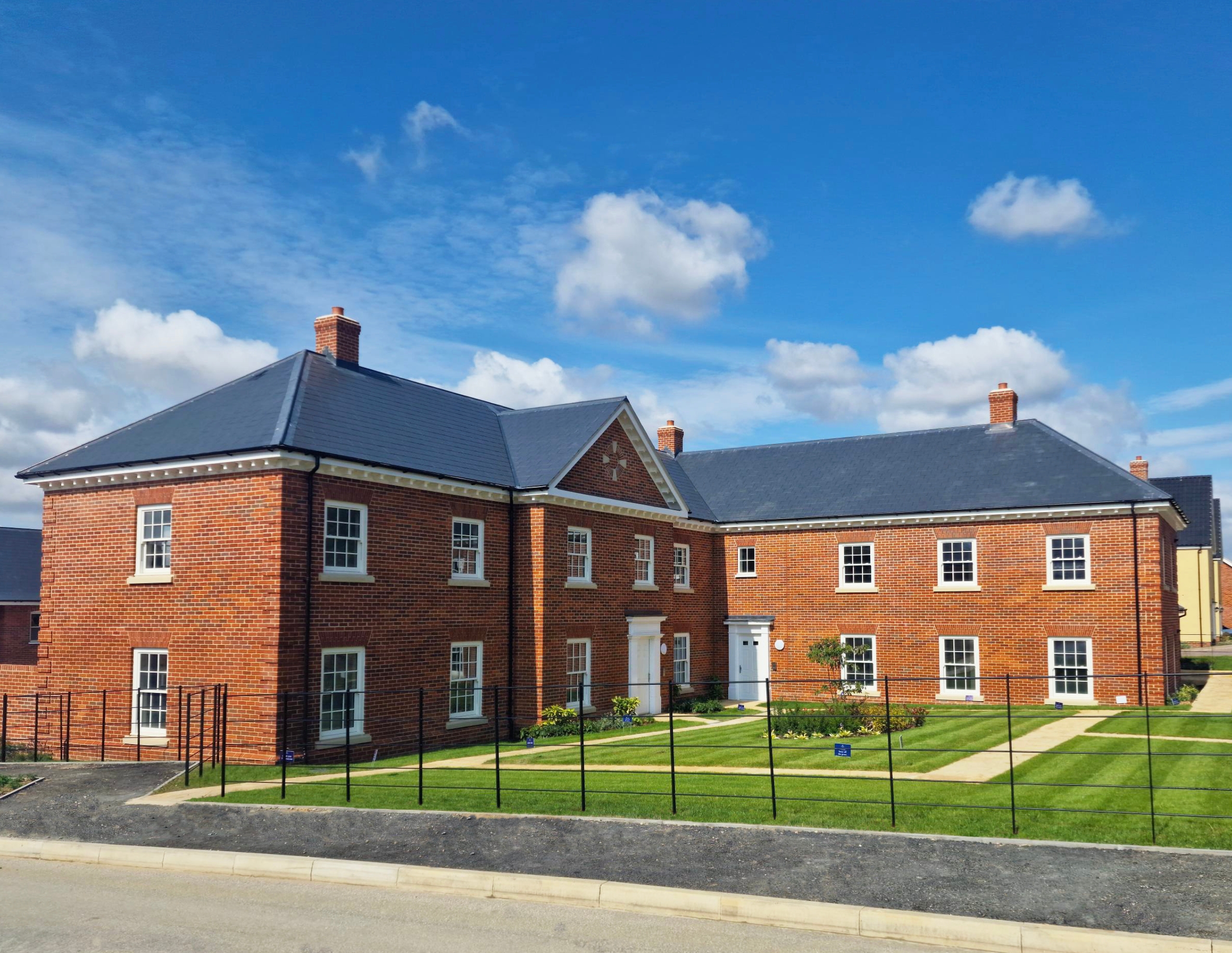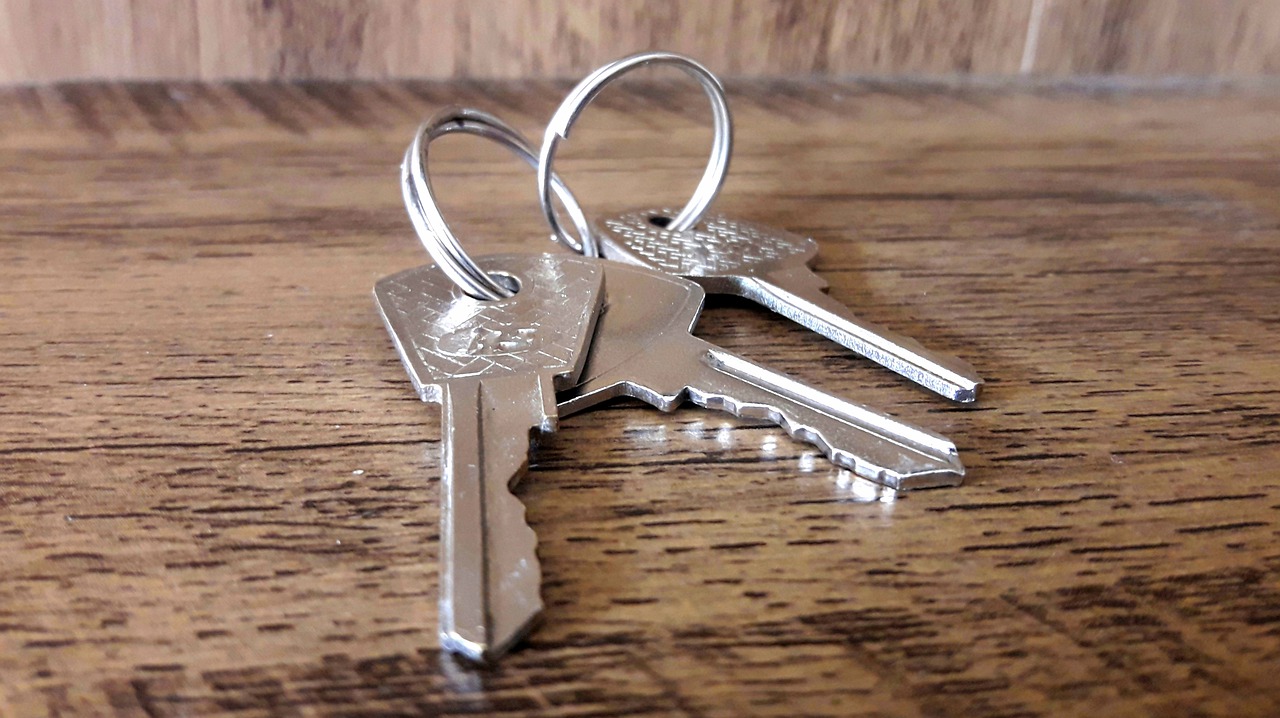Buying a Property: Working out What You Can Afford
Investing in property is a major decision, impacting both your finances and lifestyle significantly. When considering a mortgage, it’s crucial to thoroughly examine your spending habits and income.
Navigating through the vast amount of information on borrowing limits for a mortgage can be overwhelming. This guide aims to simplify and clarify these concepts, ensuring you have the essential knowledge to make a well-informed decision.
How Much Can You Afford to Borrow for a Mortgage?
Understanding mortgage affordability is a vital step in the home-buying process. It not only involves calculating the potential mortgage amount using income and monthly outgoings but also requires considering other home-buying costs beyond the mortgage itself.
These costs may include insurance, taxes, moving expenses, estate agency fees, and solicitor’s fees. Getting a more accurate estimate by speaking with a lender or mortgage adviser is key.
A mortgage adviser can help you understand the impact of various interest rates on your mortgage and monthly payments, equipping you with the knowledge to make the right decisions about your borrowing capacity.

What Factors Affect Mortgage Affordability?
When it comes to figuring out how much you can afford for a mortgage, several key factors play a role. Here’s a rundown of what can impact your mortgage affordability:
- Income and Debt-to-Income Ratio: Your earnings and the balance between your income and existing debts are crucial in determining how much you can borrow.
- Credit Score: This impacts the interest rate you’re offered. A higher score can lead to lower interest rates, making mortgages more affordable.
- Interest Rates and Loan Terms: The rate of interest and the length of the mortgage term significantly affect your monthly payments and overall cost.
- Down Payment Size: A larger down payment reduces the amount you need to borrow, potentially lowering your monthly payments and interest rate.
- Additional Homeownership Costs: Don’t forget expenses like property taxes, insurance, maintenance, and utilities, which add to the total cost of owning a home
How to Maximise Borrowing Potential
When you’re thinking about getting a mortgage, understanding how much you can borrow is crucial. This isn’t just a number pulled out of thin air; it’s carefully calculated based on several factors, with your salary being a major player.
Let’s delve into what goes into maximising your borrowing potential:
- Your Salary’s Role in Borrowing: Your income is a big piece of the puzzle. Mortgage lenders often use a simple formula, offering around 4 to 4.5 times your annual salary. So, the more you earn, the higher the amount you might be able to borrow.
- Examples for Clarity: Let’s put this into perspective. If your yearly earnings are £40,000, lenders might be open to giving you a mortgage between £160,000 and £180,000, aligning with the typical lending criteria.
- Personal Financial Situations: Everyone’s financial situation is unique. This is especially true for self-employed individuals or those looking to invest in buy-to-let properties, as their financial scenarios can be more complex.
- The Power of Joint Mortgages: Joint mortgages can boost your borrowing capacity. For example, if you and your partner each make £30,000 a year, together, you might secure a mortgage in the range of £240,000 to £270,000.

What to Consider When Working Out How Much You Can Afford
Are You Self Employed?
When it comes to self-employed individuals, getting the best borrowing rates can be a bit more complex than full-time employees. Lenders often require additional documentation and proof of income stability from self-employed applicants. This can include several years of accounts, tax returns, and business projections.
What if You’re Purchasing a Buy-to-Let property?
In the case of buy-to-let properties, the mortgage requirements and approval process are distinctly different from those for a primary residence. Lenders have specific criteria for buy-to-let mortgages, including the potential rental income from the property and the borrower’s existing property portfolio.
What are the Additional Costs of Buying a Property?
In addition to the mortgage, there are several other expenses to consider when buying a property. One of the significant costs is the stamp duty, which is a tax paid when purchasing a property above a certain value.
This cost can significantly impact the overall affordability of the property and should be factored into the budgeting process. For example, a property priced at £300,000 would currently incur a stamp duty cost of £5,000.
In addition to these upfront costs, homeowners must also consider ongoing expenses related to home ownership. This includes utility bills such as water, gas, and electricity, as well as council tax and insurance.
These are recurring expenses that need to be factored into the monthly budget to ensure the property remains affordable in the long term.
Utilising Mortgage Affordability Tools
When it comes to determining how much you can afford to borrow for a mortgage, utilising mortgage affordability calculators is an essential step in the home-buying process.
Using the MoneyHelper mortgage affordability calculator can provide an overview of your borrowing potential by considering your income, monthly expenses, and other financial obligations.
By inputting these details, you can gain a clearer understanding of the mortgage amount that aligns with your financial situation and lifestyle.

Key Takeaways
Understanding mortgage affordability is essential when navigating the dynamic landscape of the new home market. It involves a comprehensive assessment of factors like income, expenses, and additional costs, including taxes and fees.
Seeking professional guidance, particularly in unique situations like self-employment or buy-to-let properties, is crucial for making informed decisions within the context of the ever-evolving new home market.
This approach ensures that you not only secure a mortgage that aligns with your financial capabilities but also positions you to take advantage of opportunities and fluctuations in this dynamic housing market.